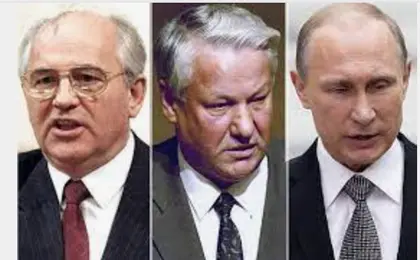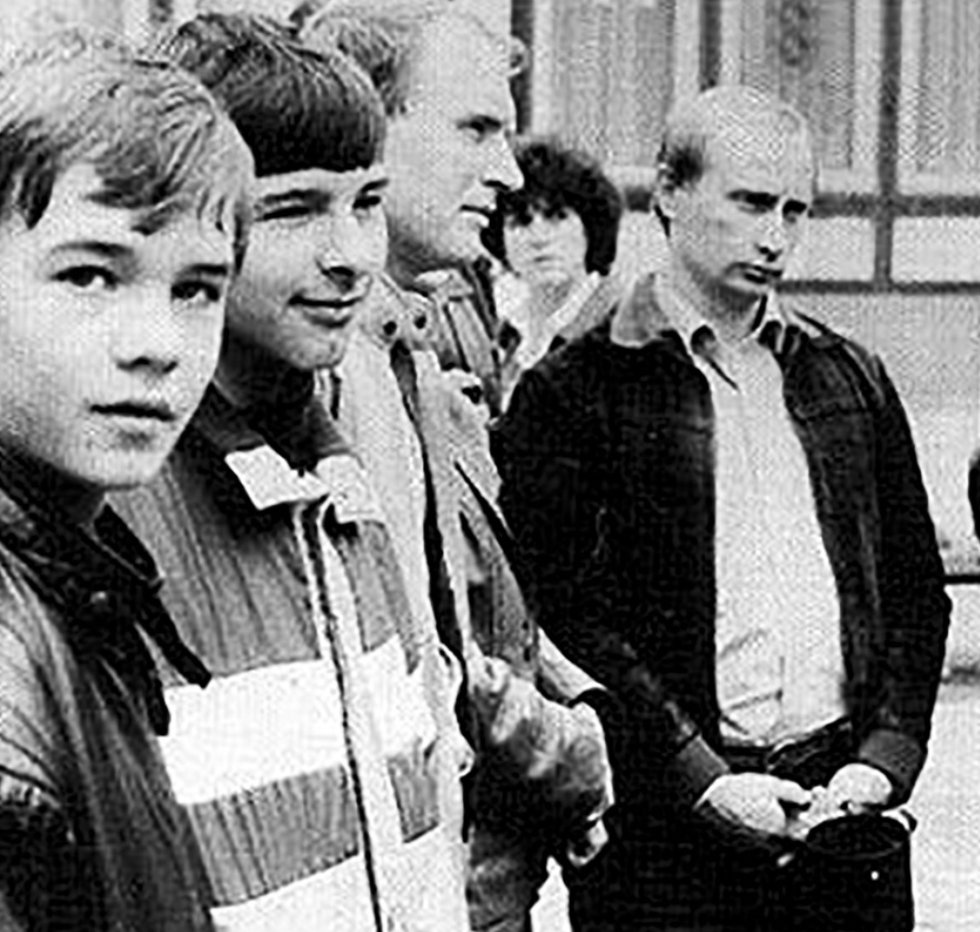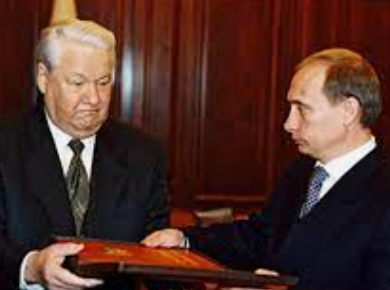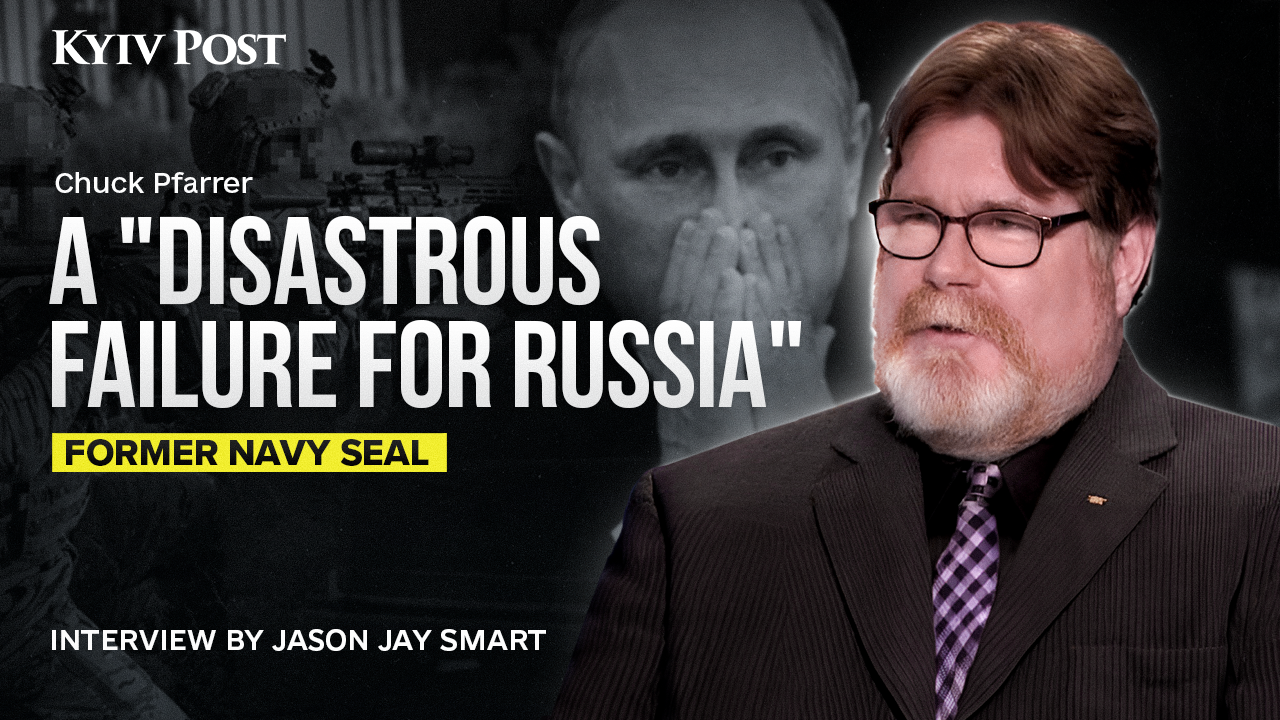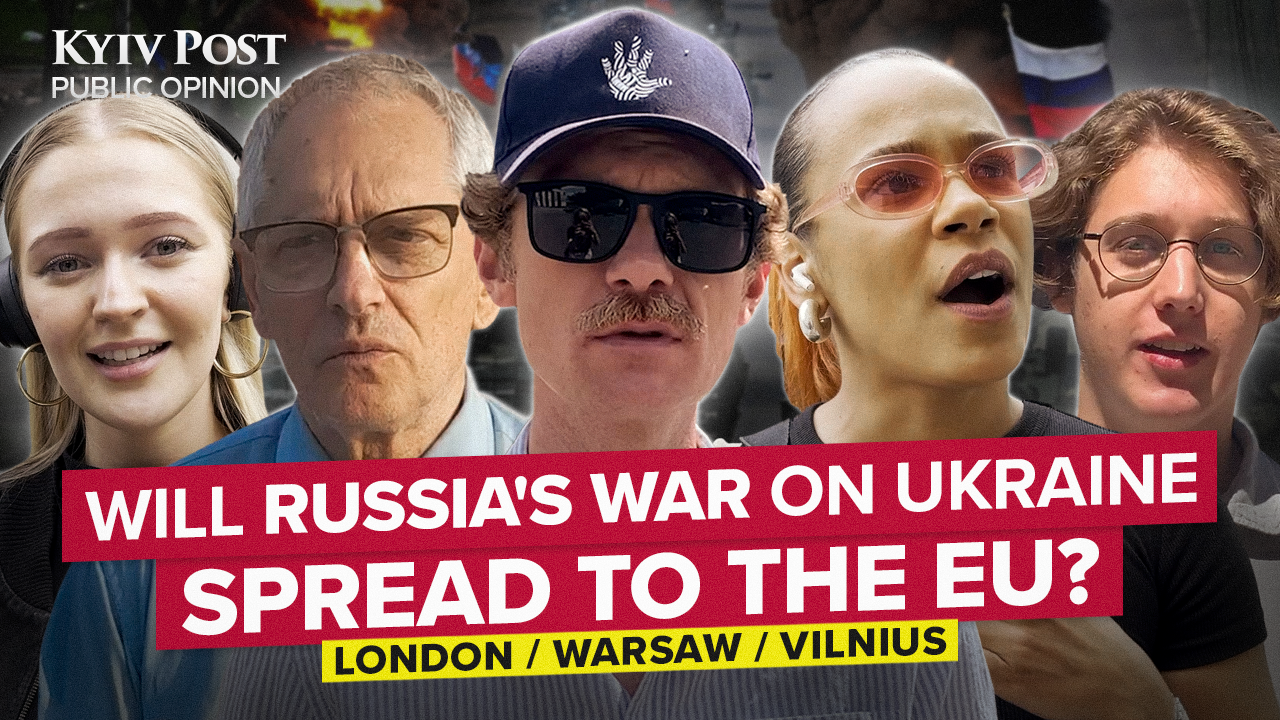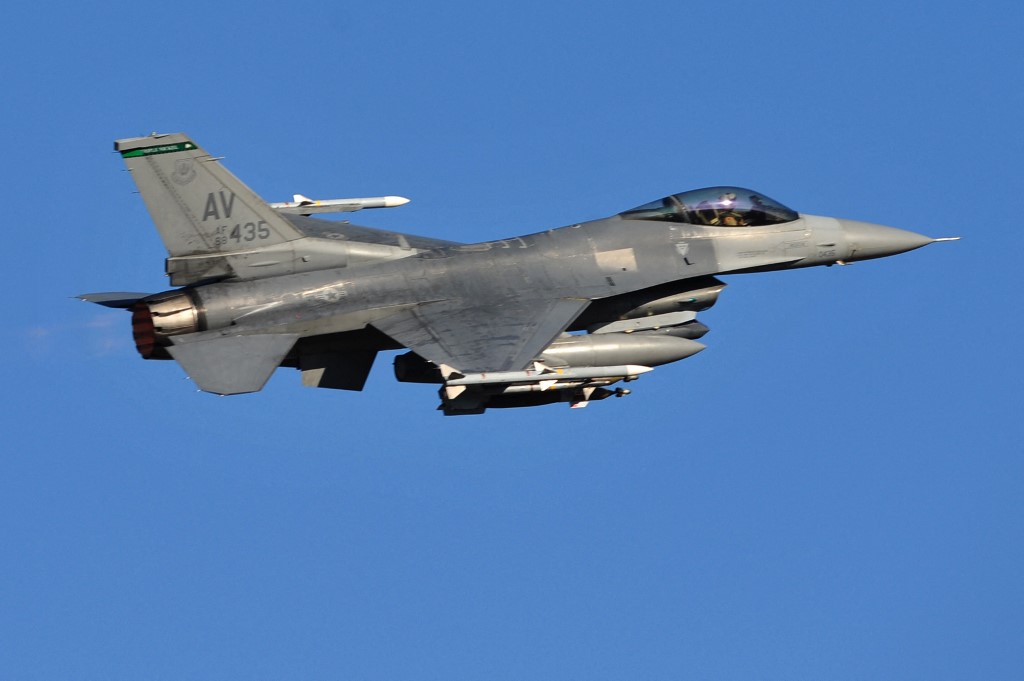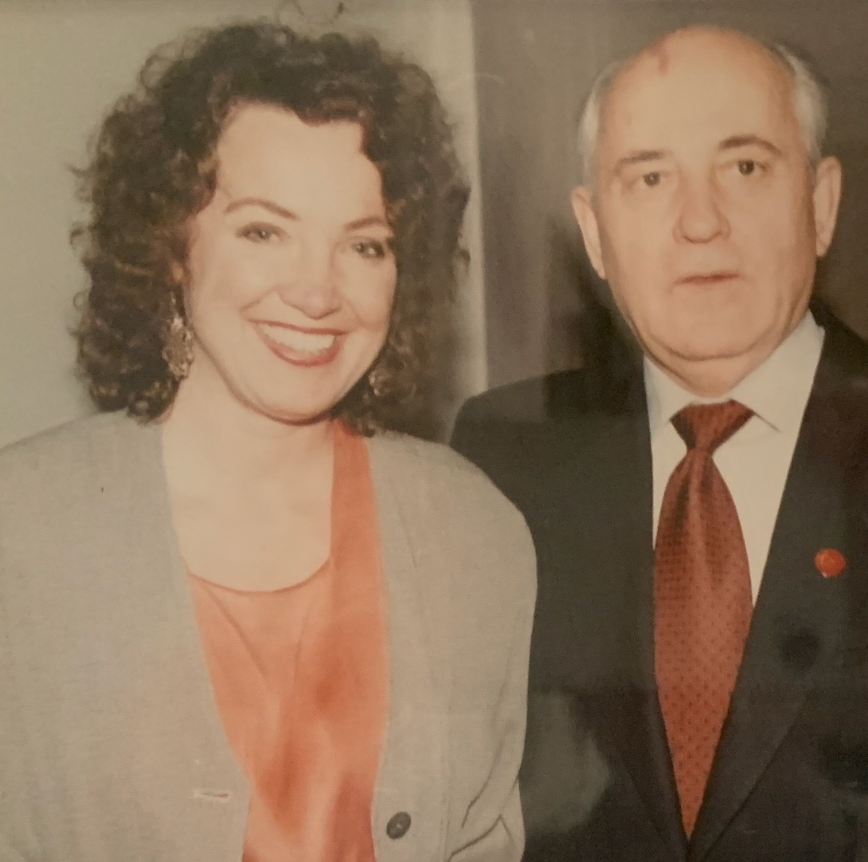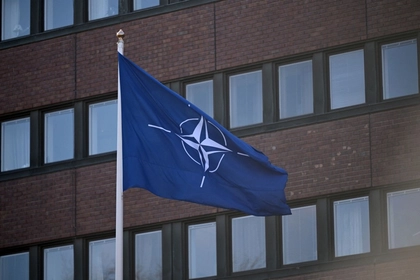Mikhail Gorbachev’s death marked the passing of a significant figure in the 20th Century who lifted the Iron Curtain and engaged in arms-control talks with President Ronald Reagan to reduce the risk of nuclear annihilation. His death drew plaudits from the West, but he is reviled in Russia for causing chaos that led to the dismantling of the Soviet Union’s empire and resulted in the current dictatorship. Reports note that the cause of death was kidney failure, but likely it was also heartbreak. He was half Ukrainian, many of his relatives perished in Stalin’s engineered famine that wiped out millions of Ukrainians, and he witnessed war by Russia against Ukraine after saying it would never happen. I have interviewed Gorbachev and met his successors Boris Yeltsin and Vladimir Putin in separate encounters that were revelatory and that help explain why the history of Russia has been and continues to be so hideous.
In 1985, Gorbachev took over as leader of the Union of Soviet Socialist Republics (USSR) with 15 countries and six Eastern Bloc satellite nations (Poland, Hungary, Romania, Bulgaria, Czechoslovakia and East Germany). He undertook measures to end the Cold War with arms-control agreements, and to restructure Russia’s economy and permit freedoms to reverse decades of disastrous Stalinism. But his policies didn’t work and caused mayhem, dissension within the empire, and a power struggle with Yeltsin that he ultimately lost.
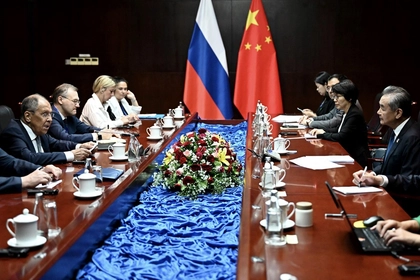
Russia, China FMs Meet as ASEAN Talks Get Underway in Laos
JOIN US ON TELEGRAM
Follow our coverage of the war on the @Kyivpost_official.
By 1989, four years after he took power, peaceful independence movements began sweeping across the Eastern Bloc nations first, culminating in the fall of the Berlin Wall in November 1989. He did not send in Soviet troops and all declared independence, as did many Soviet Republics, most notably Ukraine. In August 1991, Gorbachev was arrested by hardliners as part of a coup attempt but released days later. Eventually, he resigned on December 24, 1991 and on December 25, 1991 the USSR was officially dissolved. Yeltsin became President of the Russian Federation.
Yeltsin’s tenure from 1991 to 1999 was also tumultuous. Corruption was rampant and the economy faltered as he and his cronies divvied up the country’s wealth and corporations amongst themselves. He also — urged by his anointed successor and former spy Vladimir Putin — gave the KGB sweeping powers which eventually allowed Putin to create the absolute dictatorship which exists today. For years, Gorbachev disdained Yeltsin and his popularity, commenting “he drinks like a fish… he’s inarticulate, he comes up with the devil knows what, he’s like a worn-out record.”
In 2000, Putin took over Russia from Yeltsin and ruled it with an iron fist. He also restored stability and rebuilt its economy, thanks to soaring oil, gas and commodity prices. But he considered the end of the Soviet Union as a “tragedy” that should be reversed, and accused Gorbachev of being tricked by the West into believing NATO would not expand eastward. In an interview with NBC in recent years, he said: “You fooled the little dummy”, citing a phrase from a Russian schoolyard chant.
I met Putin first in 1990, then Yeltsin in 1992, and Gorbachev in 1993. In the spring of 1990, I attended a party where there were politicians and military brass at a NATO base near Bonn Germany, the capital of West Germany at the time. Putin had spent five years as a KGB spy in East Germany and he attended the gathering, posing as a writer working for an East German newspaper in Dresden. His principal task had been to gather information on NATO for the Kremlin, a task that he clearly excelled at, given that he was able to gate-crash and socialize at this party and others attended by politicians and high-ranking officers from America, Canada, Britain, and the rest of Europe.
We chatted for half an hour or so. He gave me a business card. Years later, after he became Russia’s President, a West German journalist told me that the guy I chatted with at that party was Putin. He obviously used a fake name that I don’t recall, but I remember that he was friendly, spoke excellent English and German, and asked lots of questions about military and political matters before disappearing into the crowd. The incident revealed his lifelong obsession with NATO, a talent for deception, and an extraordinary cunning that was capable of penetrating the “enemy” at the highest level in order to snoop around or develop contacts.
That same year, he left the KGB and Germany. In 1996, he joined Yeltsin’s administration, in 1999 he rose to Prime Minister, and in 2000 became President of Russia.
In February 1992, I met Yeltsin in Moscow as the Soviet Union and Russia were unravelling. My newspapers, The Financial Post and Sun Media, sent a photographer and myself to the former USSR for weeks to chronicle what was happening there as it dissolved. First we went to Ukraine, which had voted overwhelmingly to leave the USSR, then spent weeks in Russia. Everything, and everyone, was in disarray and was also for sale. I contacted a sketchy Canadian businessman who was easily able to obtain an interview for me with Yeltsin immediately.
He suggested a morning meeting because, he explained, Yeltsin was usually drunk for the rest of the day. I showed up at 9 am, waited, and was escorted into a room with the inebriated leader who spoke but was totally incomprehensible. I left without any conversation. Gorbachev had been right about Yeltsin and now the country was in the hands of a populist and alcoholic. In hindsight, he was also likely being guided behind the scenes by Putin, the former spy with a hidden agenda that he kept, and still keeps, to himself.
In April 1993, I was offered an opportunity to interview Gorbachev in Alberta where he was receiving an honorary degree from the University of Calgary. I found him charming and warm and forthcoming. In a public speech, given before our interview, he tore a strip off Yeltsin and said “he appears not to understand the gravity of his shock therapy policies” and also said he was proud of “bringing freedom to my country and thereby altering the way our people live.” Later and privately, I asked him, as a lifelong communist and apparatchik, was there an epiphany that led to his commitment to change his country so dramatically? He answered yes and it was a trip he had taken to an Alberta farm in the early 1980s while he was in charge of Russian agriculture. He said this altered the course of his thinking…and of history.
“My friend was ambassador to Canada and said `you must come here’ to see what the possibilities can be. The U.S. is a superpower and our enemy, but Canada is another way, a third way,” he said. “I stayed on a farm for three days which was owned by a father, his two grown sons and their families. I liked them. They worked well together, were nice people, good farmers, paid taxes, looked after their neighbors, gave to charities, and — most significantly — they could produce more food than a cooperative farm in Russia could with a thousand people. That’s when I realized our system was unacceptable and things had to change.”
Obviously, all three of Russia’s leaders were flawed because Russia is too. When Gorbachev and Yeltsin left office, both were unpopular at home, but Gorbachev went on to become a hero to some, not all, in the West. “He was Germany’s most beloved Russian,” wrote Deutsche Welle (DW) after his death. However, Lithuanian Defense Minister Arvydas Anushauskas said “Gorbachev was a criminal who ordered the brutal suppression of peaceful protests in Vilnius, Tbilisi, Almaty, Baku, and other cities. There was no repentance… The only plus is because he signed the capitulation of the Soviet Union.”
More recently, Gorbachev supported Putin’s illegal annexation of Crimea in 2014 and argued against NATO membership for Ukraine, even saying recently to a media outlet “a war between Russia and Ukraine? This is ABSURD”. And this year he remained mute about Putin’s unprovoked February 24 invasion and genocide, a lapse that tarnishes his legacy.
Russia is a tragedy that has heaped tragedy on others. The Russian word “troika” has come to mean a political regime governed by three powerful individuals, but is a term derived from the traditional Russian practice of harnessing three horses abreast to pull heavy sleighs through snow. Tragically, Russia’s troika since 1985 has consisted of a dreamer, a drunk, and a duplicitous secret service agent. Instead of pulling forward, they have mostly worked at odds with one another and against the best interests of the people of Russia and the world as a whole.
The views expressed are those of the author and not necessarily of Kyiv Post.
See the original article here.
You can also highlight the text and press Ctrl + Enter


